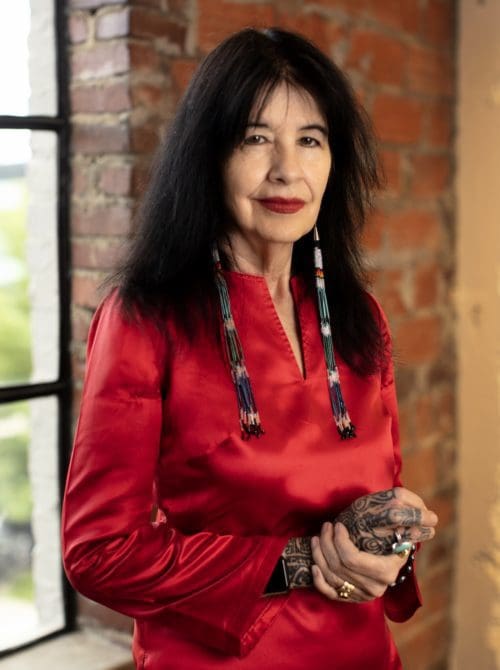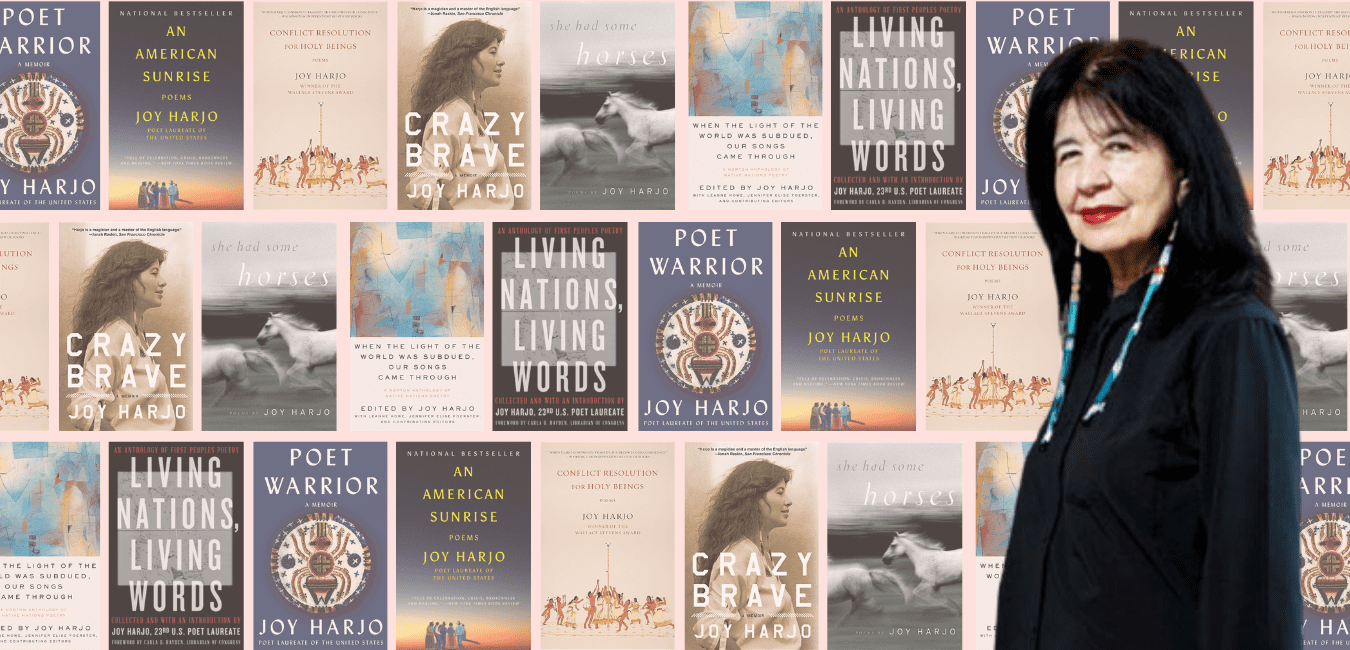Sounds antiquated, but the American Poet Laureate is a crucial role in maintaining the artistic balance and integrity of the country.

Aspiring poets should know the name Joy Harjo. She’s the author of nine poetry books, several plays and children’s books, and two memoirs. She has been the recipient of the Ruth Lily Prize for Lifetime Achievement from the Poetry Foundation, the Academy of American Poets Wallace Stevens Award, two NEA fellowships, and a Guggenheim Fellowship. Want to hear her work? Listen here!
Harjo was the 23rd U.S. Poet Laureate, serving her second term after her appointment. She is the first Native American person to ever hold the position, and with that title comes a very important job description.
According to the Library of Congress, the U.S. Poet Laureate serves a very specific role:
“As the nation’s official poet, the Poet Laureate Consultant in Poetry to the Library of Congress seeks to raise the national consciousness to a greater appreciation of the reading and writing of poetry.”
Library of Congress Website
What does a poet laureate do with their time? The Library of Congress leaves the job description intentionally vague. The intention is to give the poet laureate plenty of flexibility to adapt their work and projects to the needs and landscape of the current American poetry scene.
In the past, poet laureates have done everything from place an emphasis in their work on literary festivals and seminars to implementing programs with a national reach and embarking on lecture tours.
Harjo’s project, Living Nations, Living Words, intends to introduce the country to the works of native people. She’s worked with 47 Native Nations to create a collection representative of the languages used and history shared. The stories attempt to show the connection between other world and American poets throughout time.













